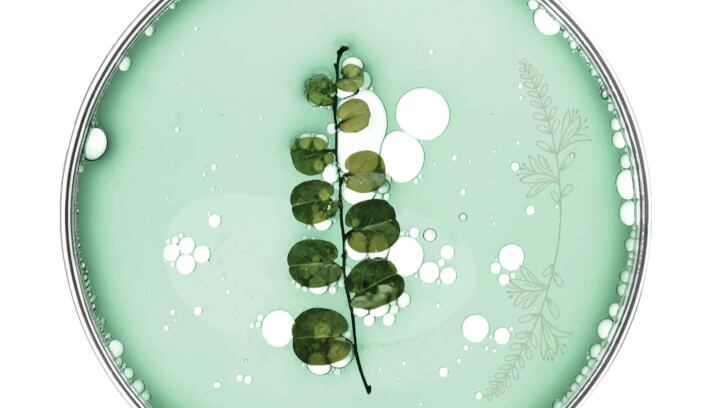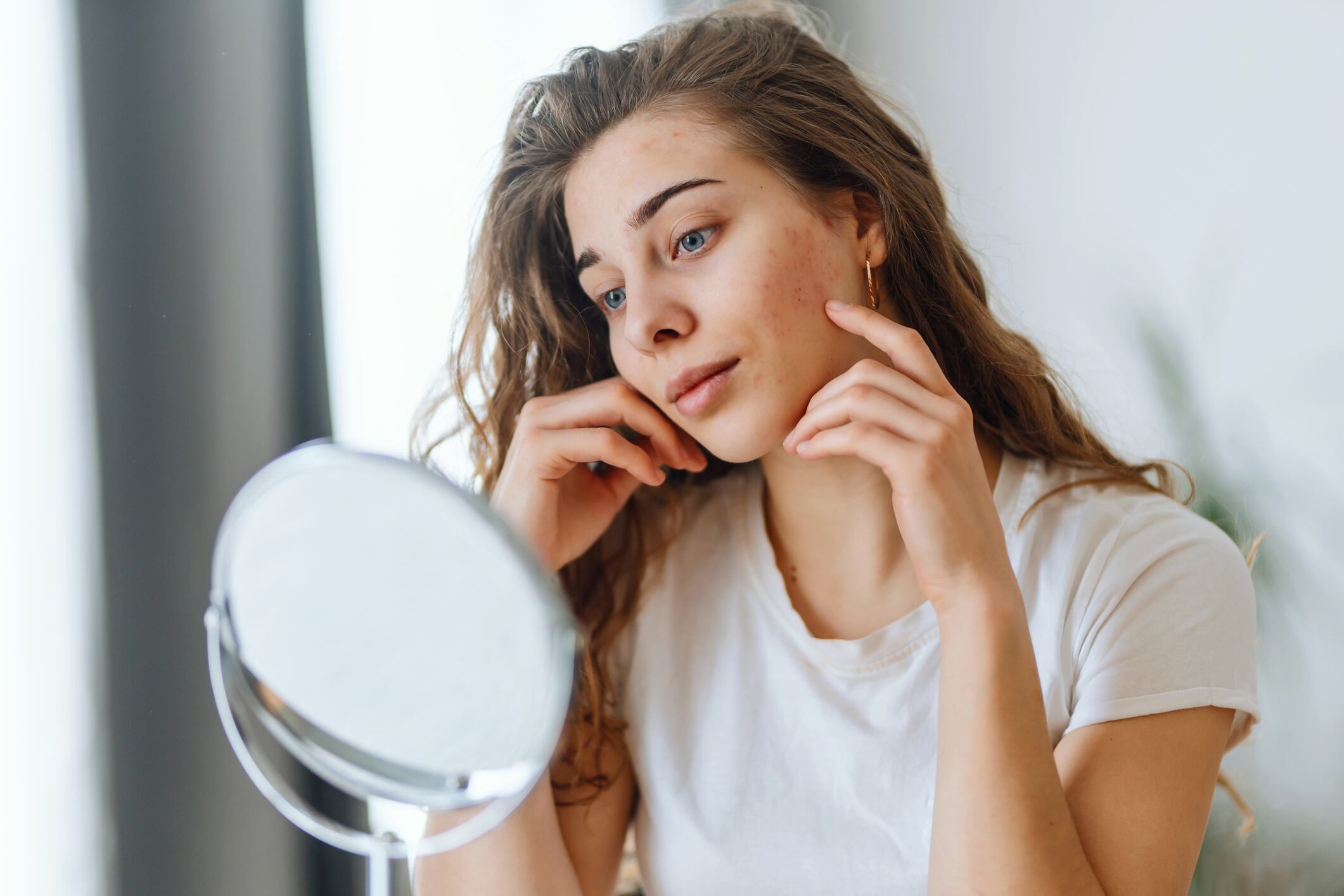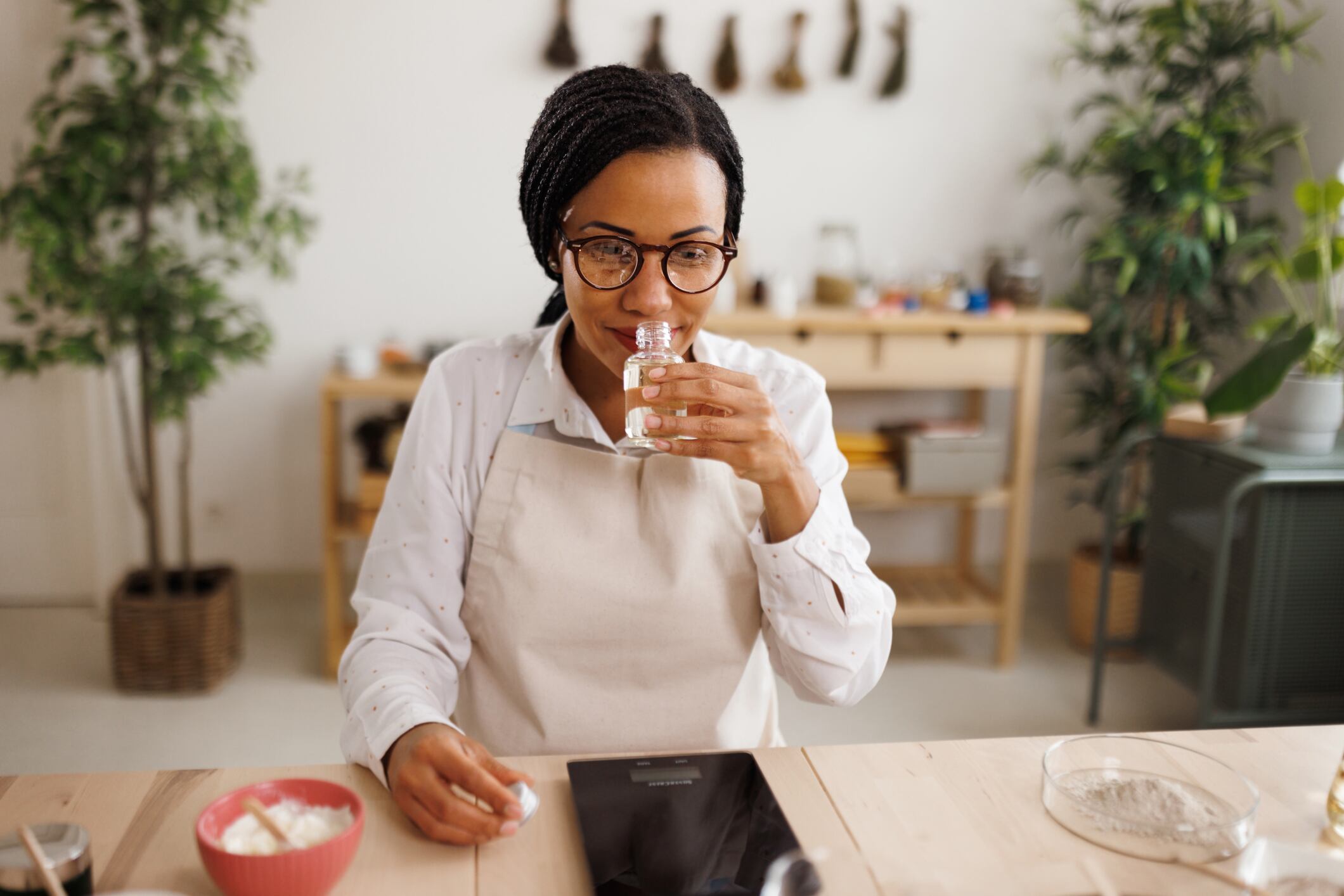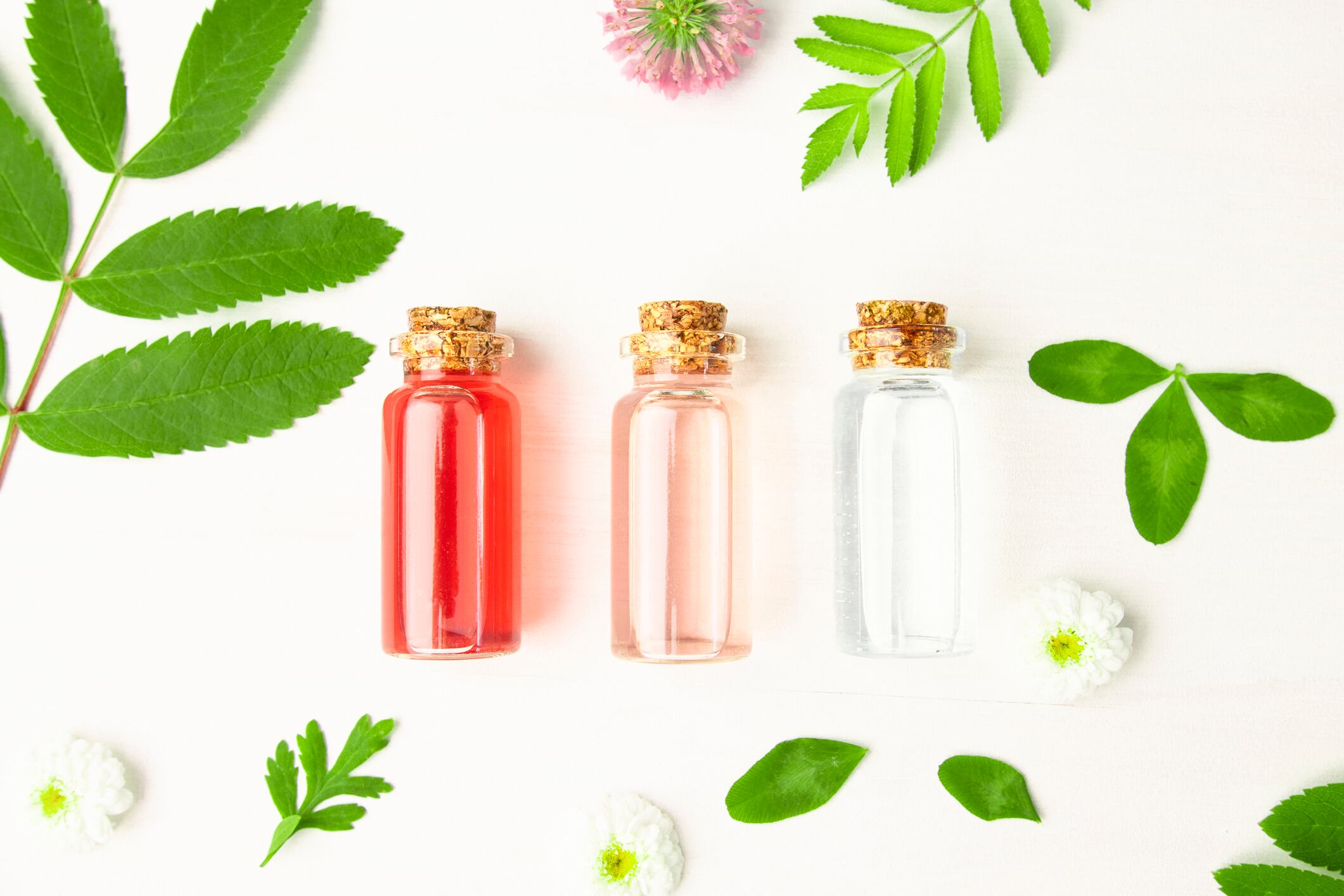Cosmetics Design Europe: What trends are you observing in preservatives for cosmetics and personal care products?
Naama Eylon: 'Clean' and 'free-from' continue to be strong, even more than natural, when it comes to preservation. Sustainability is also getting stronger – our customers are interested in the source of the ingredient, the manufacturing process and all the way to end-of-life, as they want to know biodegradability data.
Skin sensitivity is a growing concern, and even though preservation is just about 1% of a formulation, it is often one of the suspects when it comes to that. So, in addition to safety data, advanced clinical testing is certainly becoming more important.
The most interesting trend in my opinion, which touches all of the above but goes beyond, is transparency. The information on the ingredients our customers — and ultimately the consumers — are expecting is becoming a critical part of the development process.
As we share more and more information, we are also all overloaded with it. I believe the challenge our industry is facing is how to choose what information is relevant and important, and how to share it in a way that will be useful to manufacturers, brands, and also consumers.
CDE: What do you think will happen next in this sector?
NE: I believe that the more personalised and segmented the consumer beauty products become, the same will need to happen to the preservation systems. One size DOESN’T fit all, we know that, but it is even more evident as formulations become more complex and unique, and as regulatory is forcing a change.
Take sunscreen for example. There is so much change in the nature of formulations going out to the market and a change in choice of UV filters. All this drove us to develop preservation systems aimed to specifically protect high SPF formulations that required special attention due to the high content of specific UV filters.
CDE: Are many clients asking you for natural preservatives right now?
NE: There is constant demand for natural preservation for natural brands. There aren’t as many real natural systems, so customers have less options to choose from and at times need to accept the inherent aspects of natural ingredients – odour, colour, lower solubility and more. Naturally, it is important to understand if the ingredient, even if natural, is indeed sustainable.
CDE: Are you seeing a bigger demand for biodegradable preservatives?
NE: Biodegradability is certainly becoming more important, and I’m personally happy to see this shift, as a manufacturer and as a consumer! Luckily, biodegradability can be measured and achieved by both natural and synthetic compounds.
CDE: Can you tell us about your most recent launch?
NE: Sharon’s latest innovation in preservation is the SHaroWIPES line, which we launched at World of Wipes in the US in July. This is a dedicated preservation line for wet wipes or products containing fabrics (such as sheet facials masks).
Our innovation group performed in-depth research and discovered new findings on the microbial challenges in this segment, which resulted in a line proving high efficacy protection that is also ‘free-from’ and answers all clean beauty needs, with a patent-pending unique anti-biofilm mechanism.





